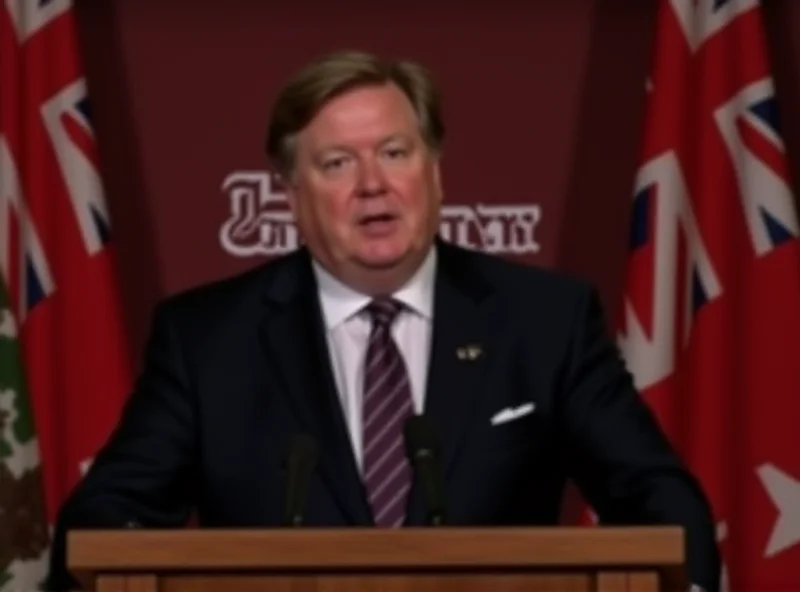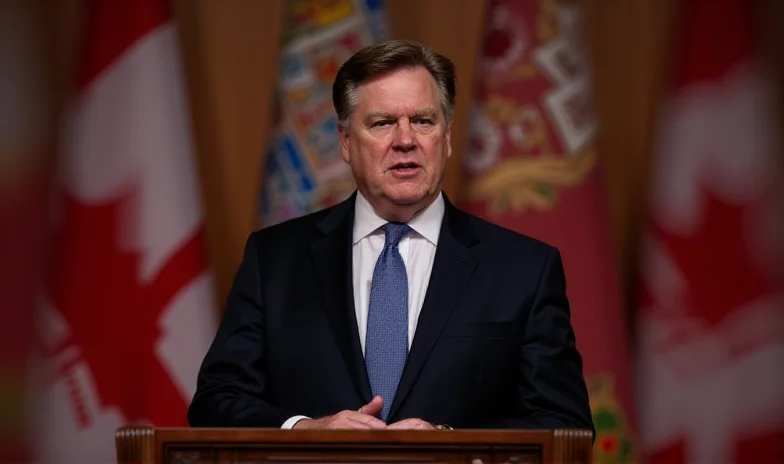Ontario Premier Doug Ford has officially cancelled a $100 million deal with Elon Musk's Starlink, citing U.S. tariffs on Canadian trade as the primary reason. This move comes as Mexico also prepares to impose retaliatory tariffs on the U.S., signaling growing international pushback against current American trade policies.

Ontario Pulls the Plug on Starlink
During a press conference on March 4th, Ford made it clear that Ontario would no longer be working with Starlink. "We've been talking about this for a while," Ford stated, "and frankly, when these tariffs started impacting Canadian businesses, we had to act." The cancelled deal aimed to improve internet access in rural Ontario, a project now facing an uncertain future.
The decision highlights the real-world consequences of international trade disputes. Small businesses and consumers often bear the brunt of these conflicts, and Ontario's Starlink deal is a prime example. The move raises questions about the province's strategy for rural internet expansion and the potential impact on its residents.
Mexico Retaliates
Meanwhile, south of the border, Mexico is gearing up to impose retaliatory tariffs on the U.S. Details are expected to be announced soon, but the move is widely seen as a response to ongoing trade tensions. While the exact nature and scope of the tariffs remain unclear, the delay in the announcement suggests Mexico hopes to de-escalate the situation.

This action mirrors a broader trend of countries "de-risking" from the U.S., particularly in Europe and Asia. According to experts, collective bargaining may be the only defence against perceived protectionist policies. "Nations are realizing they need to stand together to protect their own interests," argues trade analyst Sarah Chen. "Unilateral tariffs and unpredictable trade policies create instability, and countries are seeking ways to mitigate that risk."
The Anti-'Woke' Task Force
Adding to the complexity, the current administration's approach to policy-making is facing criticism. Recent reports highlight concerns about the vetting process for appointments, especially within initiatives like the anti-'woke' task force. Critics argue that unqualified individuals are being placed in positions of power, leading to questionable decisions and potential inefficiencies. This situation further fuels uncertainty and distrust among allies.

The cancellation of the Starlink deal and Mexico's planned tariffs underscore the growing challenges facing international trade. As countries navigate these complex issues, collaboration and strategic planning will be crucial to maintaining stability and fostering economic growth.
